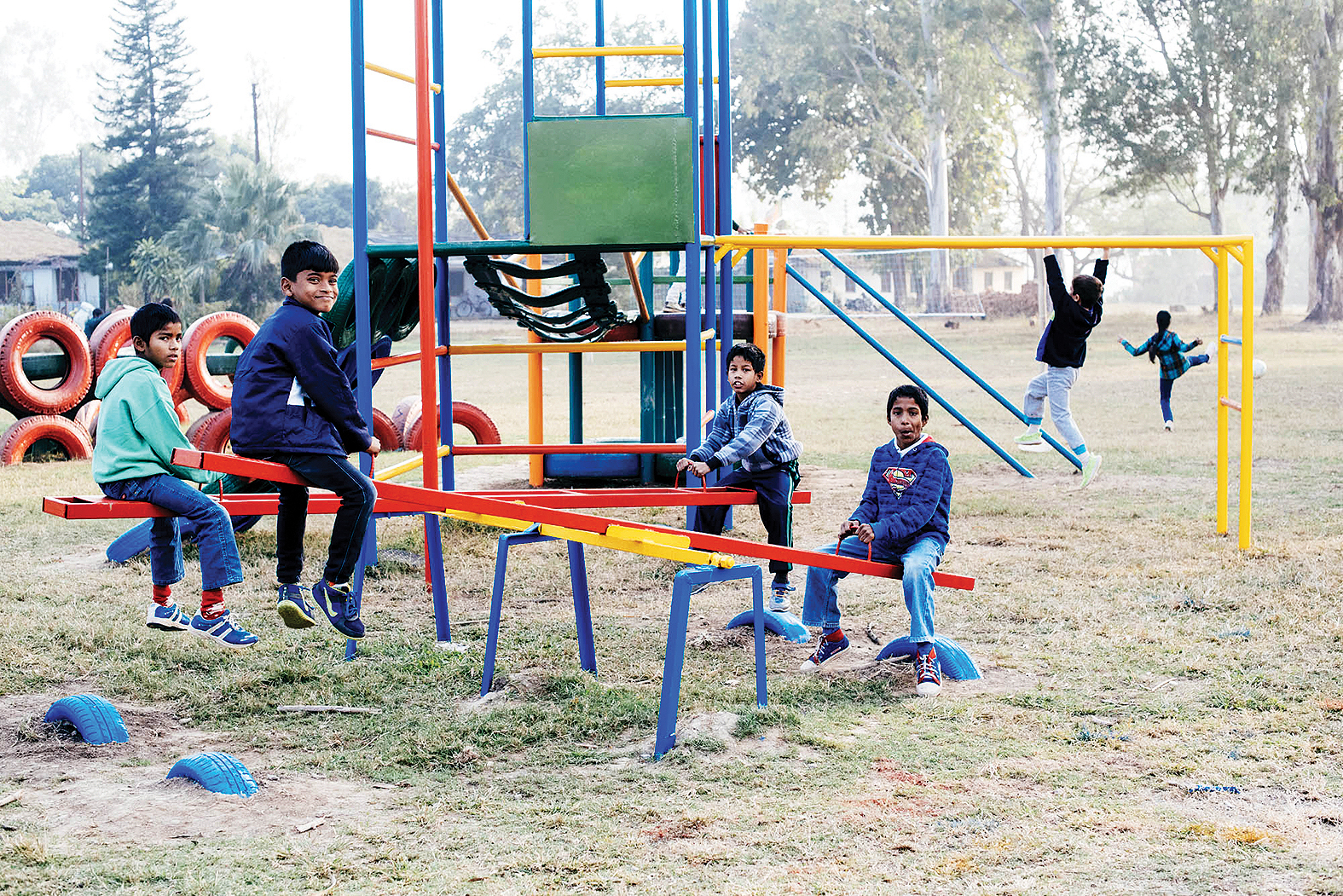Cases of child depression are on the rise, owing to several factors that have taken kids away from positive habits. This is of concern to parents and teachers
Arpana Narayan, a 34-year-old entrepreneur, waits in the lobby as her son goes inside the counsellor’s room for his third therapy session. Aarav, 11-year-old, has been struggling with depression for the last two months now. “He was bullied in school for his stammering. To escape this, he started playing violent video games as he tried to vent out his anger. But it was not a healthy way of dealing with the situation. He soon started refusing to go to school and ended up playing such games the entire day. He even stopped talking to the few friends he had in school,” she explains.
There are numerous such cases. Delhi hospitals are witnessing a major spike in child depression. Several reasons might be responsible for this — peer pressure, gaming, social media, parental surveillance, frequent migration, traumatic experiences in early childhood, educational setbacks, negative life events, stress in school and a history of mental illness in the family. Materialism can also lead to anxiety and depression in children. The figures are staggering — 50% of the youth affected by depression are under 14 years of age.

The number of depression cases in children is rising alarmingly. It has seen an increase from around 3% in 2011 to 10-15% in 2018, triggering serious concern among parents and teachers. The Institute of Human Behaviour and Allied Sciences (IHBAS) had 27 cases in 2018, as against the 11 cases in 2014. Dr Nimesh Desai, IHBAS Director, says that according to her clinical observation, around 10-15% kids in Delhi are depressed. If depression among children is left untreated, it can lead to protracted mental problems later in life. Such a spike has also been seen at AIIMS, Sir Ganga Ram Hospital and Dr Ram Manohar Lohia Hospital.
A study was recently conducted by the Fortis Mental Health Program that suggests that 65% counsellors in schools believe that students are not even aware of the common mental illnesses that exist. It further showed that 91% of the participants believed that mental health is not given adequate importance in schools. Also, 29% counsellors (and allied professionals) believe that when in distress, students prefer to keep their concerns to themselves rather than talking about them.
In today’s rapidly changing world, competition dominates every aspect of our lives. Children mostly experience this competition in the form of academic pressure to excel. Also, the concept of having only one child can further the loneliness of children. Parents don’t have adequate time for their children, which creates a situation where they only tend to strictly monitor their activities without balancing it with a healthy interaction with their children. Work lives are so busy and hectic that parents are not just stressed, trhey also don’t have time for their children.
“Parents should be on the lookout for the symptoms of depression. It is a silent killer even in adults — so in case of children, we need to be more cautious. Parents should also make their children aware about this issue, since it is no longer limited to adults, children should also have adequate information on the subject,” says Dr S Godiyal, a psychiatrist. There are many symptoms of depression — like fatigue, sleeplessness, lack of interest in daily routine, confusion and decrease in cognitive abilities. If these symptoms prevail for more than two weeks, medical intervention is required.
Child psychologist Dr Renuka Mehta says, “Child depression is a serious issue and should not be taken lightly. Children are sensitive, their mind are even more delicate. They have a higher perception of everything around them. With the current lifestyles that involves excess of social media, lesser interaction with parents and a fixation with technology, children become more vulnerable. The situation is such that every third child out of eight is diagnosed with underlying depression.”
Excessive parental intervention and strict imposition of rules also leads children into depression. “Devansh, 7 years old, used to lock himself up in his room and stopped going to school. He was then brought in for counselling, which has led to some improvement in his condition,” she adds. Massive internet addiction and academic pressure has changed a lot for the mental health of children. There has also been a trend where parents install CCTV camera in their children’s rooms to keep a check on them, but this has further aggravated the situation. “There has definitely been an increase. I handle 2-3 cases of depression in children every day,” says Dr Rajiv Mehta, Vice Chairperson of the psychiatry department at Sir Ganga Ram Hospital.
Dr Samir Parikh, Director, Mental Health and Behavioural Sciences, Fortis Hospital, says, “Talking about mental health related information, or providing reliable and adequate sources of information to the students within the school setting seems to be majorly neglected. This is especially more pertinent when compared with information being imparted about physical health, and not about mental health. Given such a wide gap, the school counsellors are indeed able to recognize that dire need to incorporate a mental health curriculum within the schools.”
The inclusion of life skills training is an essential component of paving the way for a positive mental health. Especially within the school settings, training the students to be equipped with basic life skills would enable them to deal with the challenges of the contemporary world in a more adaptive and informed manner, and thereby, would ensure an enhanced psychological well-being and positive
mental health.





